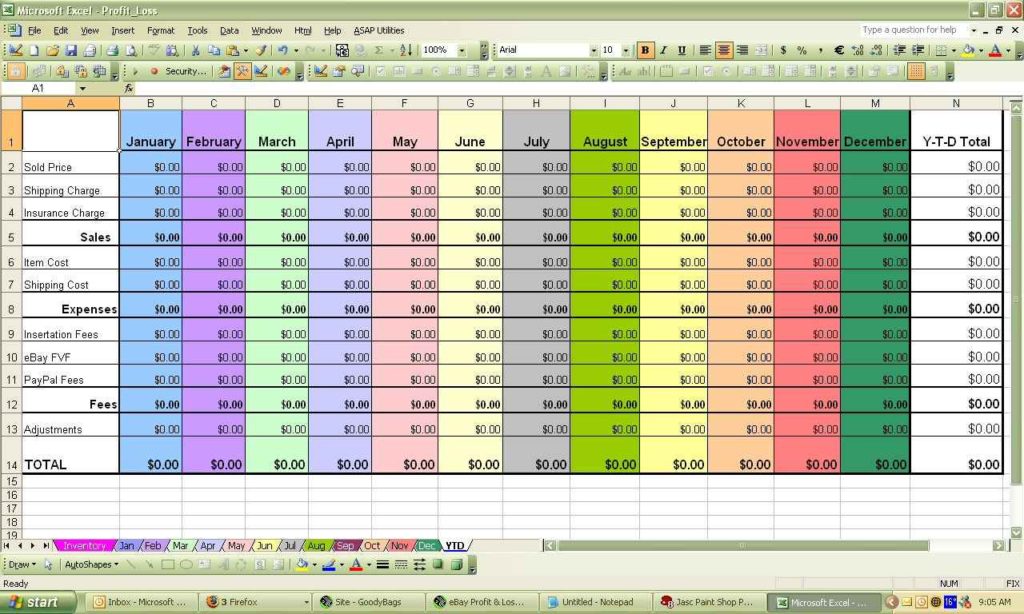Copy Excel Sheet to SPSS: Easy Steps

Transitioning your data from Microsoft Excel to IBM SPSS Statistics (SPSS) can enhance your statistical analysis capabilities. Whether you're a seasoned researcher or just beginning your journey in statistical analysis, this guide will walk you through the process step-by-step, ensuring you make the most out of both software platforms.
Understanding the Importance of Data Transfer

Before we delve into the steps, it's crucial to understand why you might want to move your data from Excel to SPSS:
- Advanced Statistical Analysis: While Excel has robust features, SPSS is tailored for statistical computation and analysis.
- Data Integrity and Standardization: SPSS helps in maintaining consistent data formats, reducing errors in analysis.
- Collaboration: If your team uses SPSS for analysis, having data in SPSS format facilitates easier collaboration.
Preparing Your Excel Data

First, ensure your Excel data is set up correctly for SPSS:
- Make sure each variable occupies one column.
- Check for any merged cells or unusual formatting that might interfere with data transfer.
- Remove any summary rows or headers that aren't necessary for SPSS analysis.
- Double-check data types like numbers, dates, and text to avoid any format mismatches.
Steps to Copy Data from Excel to SPSS

Step 1: Opening SPSS

Launch SPSS on your computer. If it’s not installed, ensure you download and install the software from the authorized source.
Step 2: Creating a New Dataset

Click on File in the SPSS main menu, then select New, followed by Dataset. This will create an empty dataset where you can import your Excel data.
Step 3: Importing Excel Data

- Navigate to File > Open > Data….
- In the file dialog box, select Excel (*.xls, *.xlsx) from the file type dropdown menu.
- Browse and select your Excel file, then click Open.

Step 4: Configuring the Import Settings

The Opening Excel Data Source dialog box will appear:
- Choose the worksheet you want to import if your Excel file has multiple sheets.
- Select the Read Variable Names checkbox if your first row contains variable names.
- Adjust other settings like data format, if necessary.
📝 Note: If your Excel sheet uses formulas, consider converting them to values before importing, as SPSS might not recognize complex Excel formulas.
Step 5: Reviewing Imported Data

Once the import is complete:
- Examine the Data View and Variable View tabs in SPSS to ensure all data and variables have been correctly imported.
- Check for any missing values or data type issues.
Troubleshooting Common Issues

If you encounter issues, here are some troubleshooting tips:
- Corrupted Excel Files: Try opening your Excel file in Excel and save it as a new file to resolve any corruption.
- Data Type Mismatches: Ensure dates, numbers, and strings are formatted correctly in Excel before import.
- Password-Protected Files: Remove or provide the password before importing, as SPSS cannot open password-protected Excel files.
Leveraging SPSS for Further Analysis

Once your data is in SPSS:
- Use SPSS to run descriptive statistics, inferential statistics, or even machine learning models.
- Take advantage of SPSS's data manipulation capabilities to clean, transform, or restructure your data.
- Employ SPSS syntax for complex data operations or repetitive tasks.
📝 Note: Remember to save your dataset in SPSS format to preserve all the analytical work you've done.
In summarizing, transitioning your data from Microsoft Excel to IBM SPSS Statistics offers a more robust environment for statistical analysis, ensuring data integrity, and enhancing collaboration within a team environment. By following these outlined steps, you can seamlessly integrate your Excel datasets into SPSS, unlocking advanced statistical capabilities that Excel alone might not provide. This process not only helps in conducting more sophisticated analyses but also aids in maintaining consistency in your data practices, crucial for academic, research, or business analytics.
Can I export data from SPSS back to Excel?

+
Yes, SPSS allows you to export datasets to various formats including Excel. Simply go to File > Save As, and choose Microsoft Excel (*.xlsx) as your file type.
What if my Excel file has multiple sheets?

+
You can import multiple sheets by selecting each sheet individually during the import process in SPSS, or you might need to merge data before or after import depending on your analytical needs.
Are there any limitations to transferring data from Excel to SPSS?

+
Yes, certain features like complex Excel formulas might not translate well into SPSS. Additionally, password-protected files, or files with special formatting like charts, might not import correctly.



